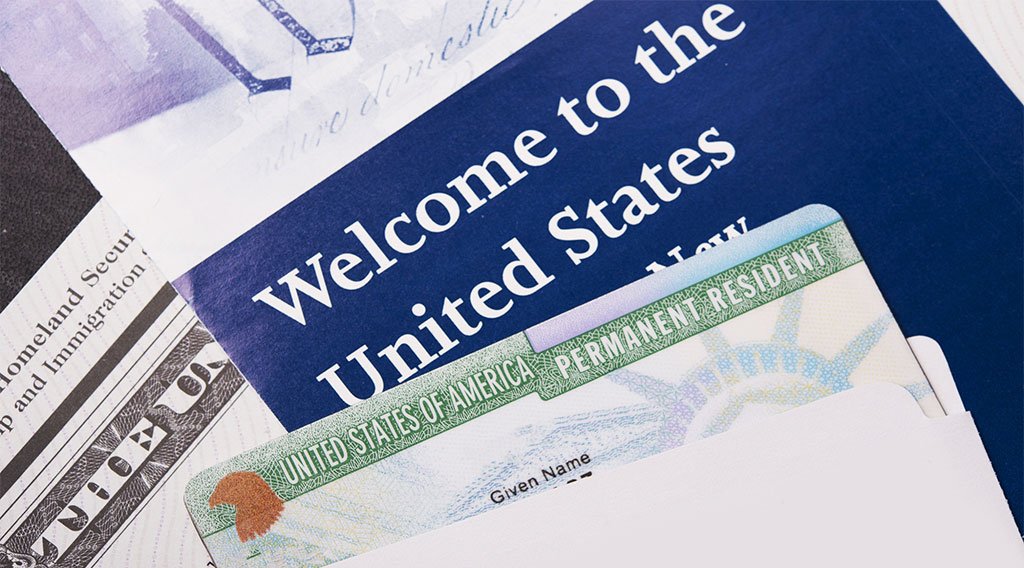National Interest Waiver: What You Need To Know
The United States has always been a land of opportunities, attracting talented individuals from around the world who seek to contribute their skills and expertise to the nation's progress. For foreign nationals with exceptional abilities or advanced degrees, the National Interest Waiver (NIW) presents a unique pathway to obtain a US Green Card. The NIW is a highly sought-after immigration option that allows qualified individuals to bypass the cumbersome labor certification process, making it an attractive choice for professionals, researchers, and entrepreneurs.
In this comprehensive article, we will delve into the various aspects of the National Interest Waiver, including its eligibility criteria, the application process, and the benefits it offers. Whether you are an accomplished researcher, a skilled professional, or an aspiring entrepreneur, understanding the NIW can be the key to realizing your American dream.
Understanding The National Interest Waiver (NIW)
The National Interest Waiver (NIW) is a provision within the Employment-Based Second Preference (EB2) category that allows qualified foreign nationals to obtain a Green Card without the need for a labor certification. Normally, the labor certification process requires employers to prove that there are no qualified US workers available for the position, which can be a time-consuming and arduous process.
However, the NIW waives this requirement by allowing individuals to self-petition for a Green Card based on their unique qualifications and the potential benefits they can bring to the United States.
Eligibility Criteria for the NIW
To qualify for the National Interest Waiver, applicants must meet specific criteria that demonstrate their exceptional abilities and the significant impact they can have on the national interest of the United States. The following elements are typically considered:
Professional Achievements: The applicant must possess advanced degrees, exceptional skills, or a track record of significant achievements in their field.
National Importance: The applicant's work must be of substantial intrinsic merit and directly benefit the United States, particularly in areas such as healthcare, education, research, technology, or entrepreneurship.
Influence on the Field: The applicant's work should have the potential to significantly influence their field or industry, indicating that they are a key player in advancing their area of expertise.
Application Process for the NIW
The process of obtaining a National Interest Waiver involves several steps:
Form I-140 Petition: The applicant must file Form I-140, Immigrant Petition for Alien Worker, with the United States Citizenship and Immigration Services (USCIS). This form serves as the official request for the NIW.
Evidence Documentation: Along with the Form I-140, the applicant must submit comprehensive documentation that substantiates their eligibility for the National Interest Waiver. This may include academic credentials, letters of recommendation, publications, patents, or any other evidence of their professional accomplishments.
Letter of Support: In addition to the applicant's evidence, a letter of support from an expert or organization familiar with the applicant's work is beneficial. This letter should highlight the significance of the applicant's contributions and their impact on the national interest.
Benefits Of The National Interest Waiver
Securing a National Interest Waiver comes with several significant advantages for the applicant:
No Labor Certification Required: As mentioned earlier, the NIW eliminates the need for labor certification, streamlining the application process and reducing the time and resources required.
Self-Petitioning: The NIW allows individuals to self-petition, meaning they do not need an employer to sponsor their Green Card application. This provides greater freedom and flexibility for professionals and entrepreneurs.
Priority Date: Upon approval of the I-140 petition, the applicant receives a priority date, establishing their place in the queue for Green Card processing. This is crucial as the wait time for visa numbers can vary based on the applicant's country of origin and the demand for visas in their category.
Work Authorization: While waiting for the Green Card to be processed, applicants under certain visa categories may be eligible for Employment Authorization Documents (EAD), allowing them to work legally in the US.
NIW For Entrepreneurs And Startups
The National Interest Waiver is especially attractive for entrepreneurs and startup founders who wish to establish and grow their ventures in the United States. Entrepreneurs can demonstrate their eligibility for the NIW by showcasing their innovative business plans, potential job creation, and the overall benefit their startup brings to the national interest.
Receiving A Request For Evidence (RFE)
In some cases, the USCIS may issue a Request for Evidence (RFE) in response to an NIW petition. An RFE is a formal request for additional information or clarifications regarding the applicant's eligibility. It is essential to respond to an RFE promptly and with strong supporting evidence to increase the chances of a successful outcome.
The National Interest Waiver offers a valuable opportunity for talented individuals, researchers, professionals, and entrepreneurs alike, to contribute their expertise to the progress and development of the United States. By understanding the eligibility criteria, application process, and benefits of the NIW, aspiring immigrants can navigate the path to obtaining a Green Card through this esteemed immigration option. The NIW is a testament to the US's commitment to attracting exceptional individuals who can shape the nation's future and foster innovation and growth in a wide range of fields.


